Friends can be a huge benefit to you throughout the recovery process. But there are typically two kinds of friends who may be external triggers for drug or alcohol use. Engaging in activities that bring you joy is an excellent way to cope with triggers when they arise. In the realm of addiction and mental health, triggers act as powerful catalysts, potentially rekindling past behaviors or emotional states.
Understanding these triggers in-depth can be a transformative step for anyone navigating the maze of recovery. Here, we delve deeper into these triggers, offering a comprehensive look into their nature and impact. People may be one of the more easily-avoided external triggers, mainly if they are people that used to be involved in substance use with the individual. By eliminating these people from the post-addiction life of recovery, many people are able to minimize the chance of relapsing due to associating with those who still use. We publish material that is researched, cited, edited and reviewed by licensed medical professionals. The information we provide is not intended to be a substitute for professional medical advice, diagnosis or treatment.
Tips to Dealing with Triggers in Recovery
Part of managing external triggers involves simply removing the source. This may mean leaving the grocery store or not saying hello to a friend from that period in your life. They often involve people with whom you engaged in alcohol and drug addiction or places where it occurred. Triggers that come from within you can be difficult to deal with because internal triggers can stem from a variety of sources that you can’t simply remove, like you can an external trigger. Whether it’s trusted friends, family members, or fellow peers in recovery programs like group therapy or support meetings, having supportive individuals around can make all the difference. You may have to try several strategies before finding what works best for you.
In doing so, it fosters personal growth and self-confidence, fortifying the path toward sustained recovery. Internal triggers are emotional or psychological experiences – like specific thoughts, feelings, or memories – that can spark urges for substance use. Unlike external triggers, which are linked to the environment, internal triggers demand deeper emotional work and self-awareness to handle effectively 1.
Understanding Addiction and Substance Use Disorder
Yoga and outdoor activities are also great ways to step away from the stresses of life and focus inward. Fortunately, while there are several ways you may experience a trigger, there are also several ways you can positively cope with those triggers. Since triggers are so varied and individualized, self-awareness is vital in the recovery journey. For example, if you used drugs every time you were with a specific group of people, you might feel triggers whenever you’re in the same social situation.
Top 7 Relapse Triggers And How To Manage Them
For some, a trigger might cause https://legalny-bukmacher.eu/category/british-bookmakers/ a physical response – heavy breathing, sweating, crying. Cravings may not always have an immediately identifiable source, and they can be difficult to overcome if you feel surprised by them. Imagine writing about an act of kindness someone showed you earlier. It not only reminds you to appreciate the good in others but also helps inspire future positive experiences.
Lifestyle
Over time, you might start to see patterns that point to internalized triggers. These triggers have been internalized over time through repeated exposure to certain experiences or through unresolved emotional conflicts. For instance, hearing a particular song might remind you of a difficult breakup, or a crowded room might make you feel anxious because of past negative experiences in similar settings. What might be a neutral event for one person could be a significant trigger for another, depending on their past experiences and emotional history. Internal triggers aren’t limited to negative emotions; even positive emotions, like the thrill of success, can act as triggers 13.
Relapse Risk Factors
The helpline at AddictionResource.net is available 24/7 to discuss the treatment needs of yourself or a loved one. This helpline is answered by Treatment X LLC, an addiction treatment provider with treatment facilities in Ohio, Pennsylvania, and California. It is possible to engage with people near you who are also going through the recovery process. Having people to relate to and share your story with can make all the difference. You may even be able to reach out to aftercare services offered by your treatment center and get a refresher session.
Take the First Step
Understanding internal and external triggers is a major part of navigating recovery. Both play a role in relapse, which affects 40-60% of individuals in treatment 1. Internal triggers often stem from emotions and thoughts, requiring mindfulness and emotional regulation. External triggers, on the other hand, are tied to surroundings or situations, calling for changes in the environment.
- Meeting old friends may cause you to reminisce about old times, romanticizing alcohol or drug addiction.
- Internal triggers are experienced in the form of emotions and thoughts and can be difficult to cope with.
- While relapse is not an indication of failure, it can be a setback in the journey to long-term sobriety.
- When it comes down to situations, everyone handles adversity differently.
- While negative feelings are known to be triggers, it’s important to know that positive feelings can be as well.
- Internal triggers are emotional and psychological responses that come from within, often sparking cravings or even relapse during recovery.
Internal and External Triggers
These triggers are the thoughts, feelings, and mental states that can https://www.longchamp-sale.us/page/28/ lead to urges to use substances. Many people initially turn to substances as a way to cope with challenging emotions, creating a tough cycle to break. Whether individual, group, or family therapy, you’ll have a safe space for an honest exploration of what you are thinking and feeling.
External triggers are factors outside of yourself that make you want to use drugs. These triggers may involve people who influence cravings, such as drug dealers, coworkers, friends, spouses, partners and employers. Even people who are incredibly close to you may act as relapse triggers. That’s one reason that it’s so important for your loved ones to be on board with your recovery. This is because there is usually an abundance of drugs and alcohol in these places. It can also be difficult to avoid social pressure in these settings.
These, and countless other things, are prime examples of external triggers, and they are going to be largely unavoidable. One of the biggest risks during drug recovery is that someone who is recovering from using a substance willrelapseand begin taking that substance again. To avoid relapse, it is important to understand the risk factors and causes that typically lead to relapse. Understanding these risk factors will help you to avoid the potential risk of relapse during or following recovery. External triggers are environmental events and situations that make you want to use drugs or drink alcohol. This can be anything from certain social situations, responsibilities, and even specific places that trigger your desire to use again.
For those struggling with substance abuse and addiction, it isn’t uncommon for the affected person to return to alcohol or drug use. About 40-60% of those struggling with addiction relapse following treatment. Whether your triggers are emotional distress or a specific situation, it is essential that you know what compels you to use when trying to lead a life of sobriety.
- Stress is a potent internal trigger that can significantly impact individuals in recovery.
- Internal and external triggers refer to emotional, environmental, or social situations that prompt memories which cause a desire to use drugs or drink alcohol again.
- This might involve cognitive-behavioral techniques, mindfulness practices, or other therapeutic methods.
- You might need to find alternative places to hang out or take time away from the family for self-care on a regular basis.
- Business professional in the Addiction Recovery and Mental Health industry for the past 26 years.
These desires often come from certain triggers, such as the people you surround yourself with and the feelings you experience. As a safe space for study and practice, The Retreat empowers those who seek contented sobriety. Well, think of them as road signs pointing toward potential relapse risks. By understanding your personal triggers, you gain invaluable insight into what may lead you down an unhealthy path again. It becomes easier then to develop strategies for overcoming these challenges and maintaining your progress in recovery. Recognizing and managing triggers is crucial for anyone navigating the recovery process from addiction.
Additionally, setting boundaries with individuals who may enable or have codependent relationships can protect your sobriety and promote a positive support system. Triggers bring up intense memories and feelings of using substances. They can be internal, such as feelings, or external, like coming into contact with people, places, and certain stressors. A therapist can help you work out complex emotions that may arise as you go through recovery. Your therapist can also teach you tools and strategies for coping with cravings and triggers.
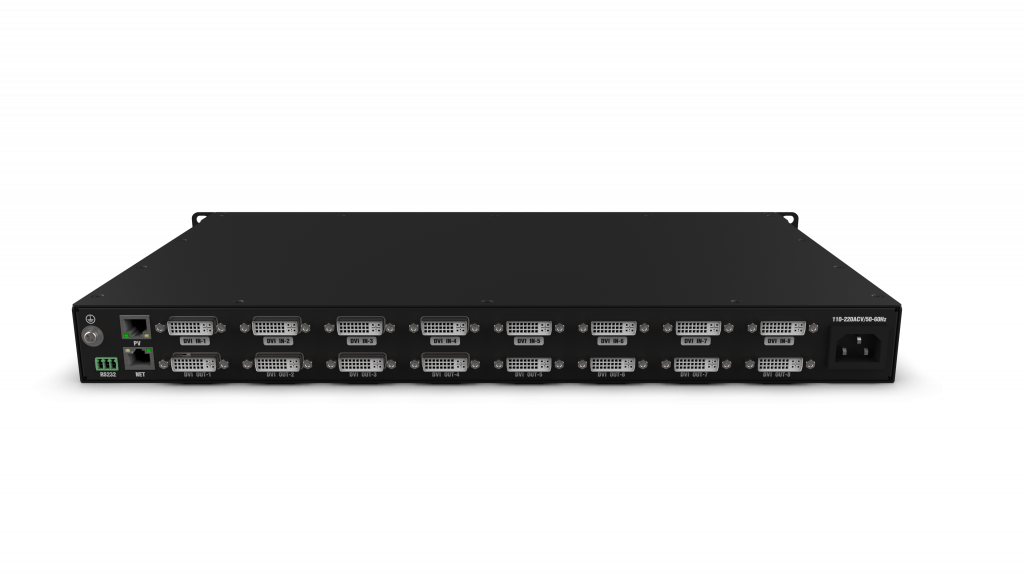
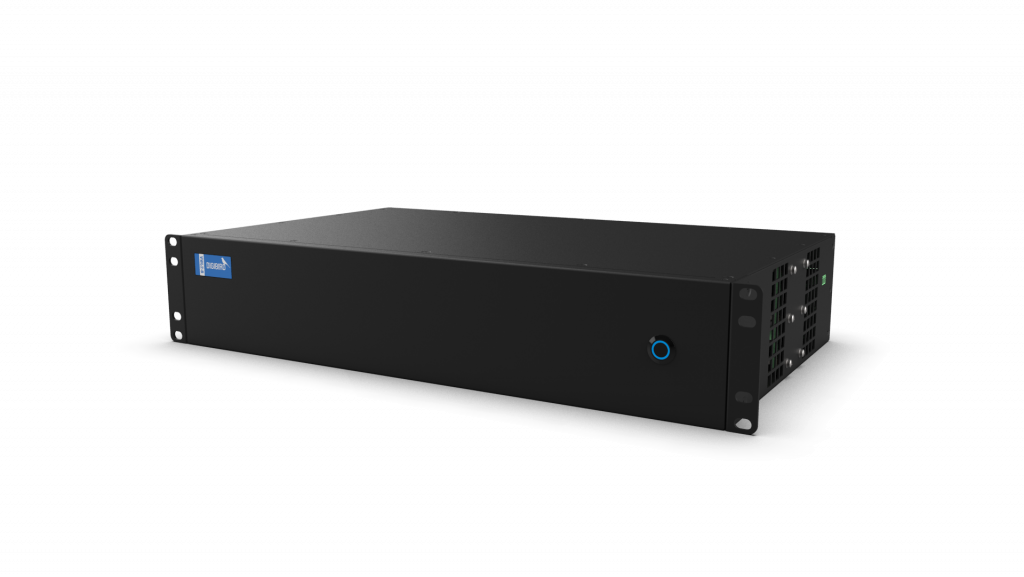
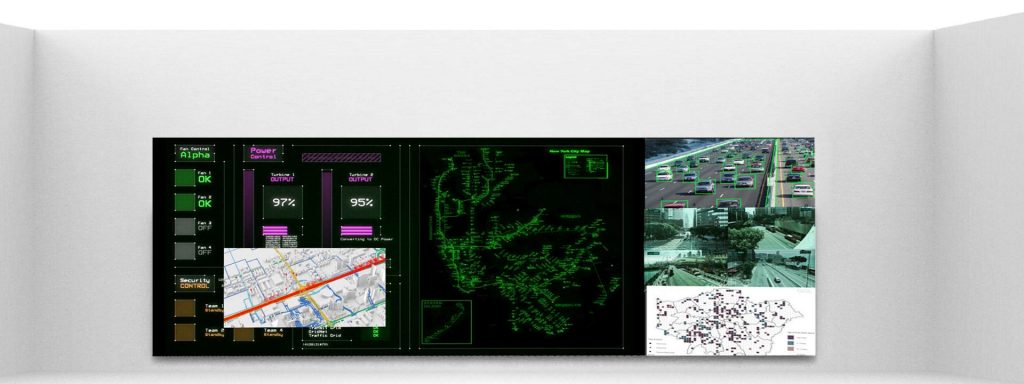

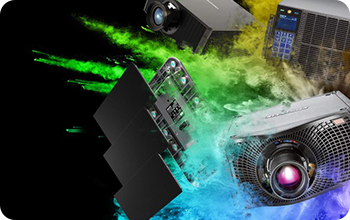

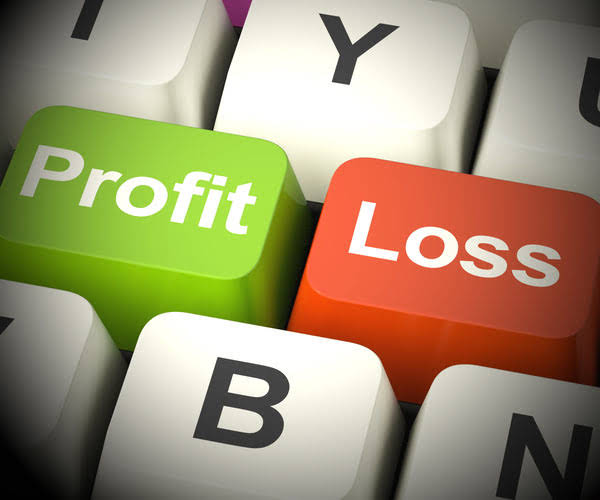
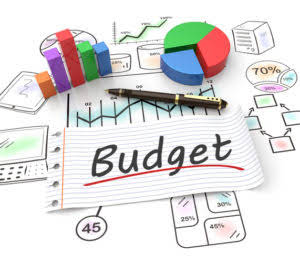

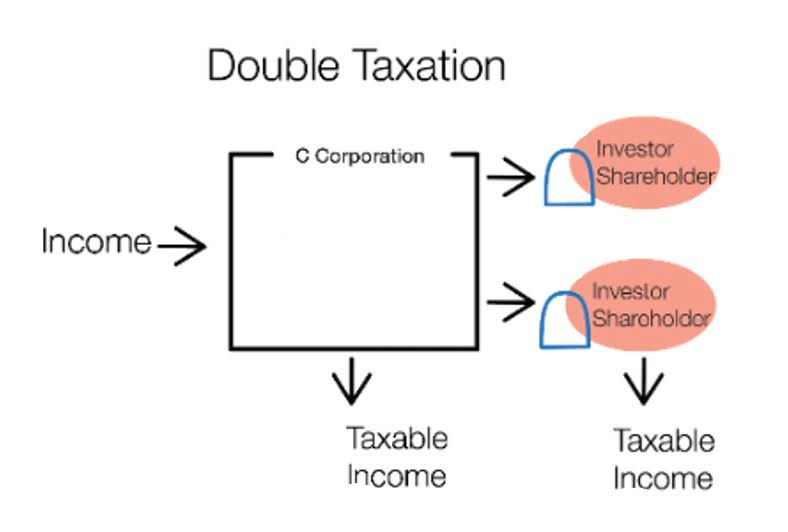

Phản hồi gần đây